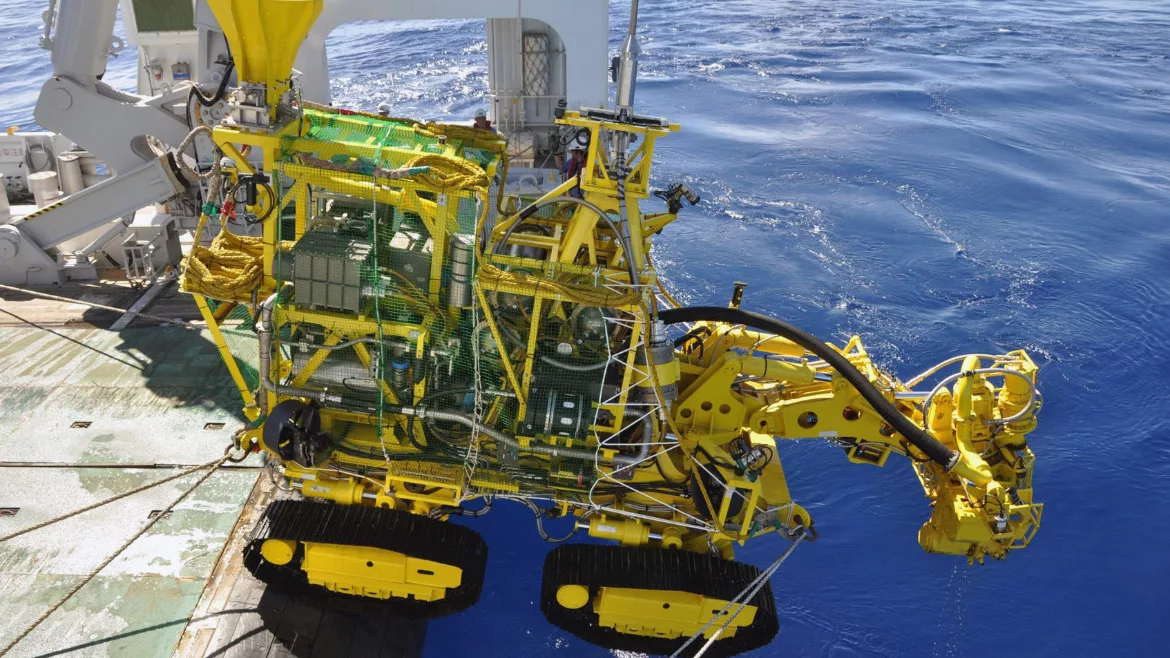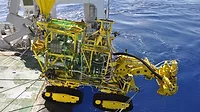New paper shows why next gen EV batteries don't require deep sea mining
Manufacturers rapidly adopting cobalt, nickel and manganese substitutions for EVs

Photo courtesy of Japan's Agency for Natural Resources and Energy
As the latest meetings of the International Seabed Authority get underway in Jamaica to discuss possible mining of the deep sea for minerals such as cobalt, copper, nickel or manganese, a paper published today by the Blue Climate Initiative discusses advances in electric vehicle (EV) battery technology. It notes the accelerating adoption of these technologies, which are leading to the replacement of EV batteries previously dependent on cobalt, nickel, and manganese.
"The rapid market adoption of these next generation batteries that don't use deep sea metals is transformational," said Jeanne Everett, Director of Operations of the Blue Climate Initiative. "These next generation batteries have swept the market and already represent a third of the global EV battery market. While the International Seabed Authority is meeting this week in Jamaica to consider regulations to strip mine the seabed for these metals - with devastating environmental consequences - technology has moved forward to eliminate the claimed need to mine the ocean for them. As a result, deep sea mining of these metals is neither necessary, economically advantageous, or environmentally advisable."
"EV battery technology is rapidly moving toward greener technologies such as LFP batteries that don't rely on some of the most environmentally and community challenging materials such as cobalt," said Dan Kammen, the James and Katherine Lau Distinguished Professor of Sustainability at the University of California Berkeley. "Car manufacturers such as Tesla, BYD, Volkswagen, Rivian, and Ford are already using this technology, taking pressure off the perceived need to mine the ocean for these metals."
Stan Rowland, CEO of the Blue Climate Initiative added "A common misconception in the media, promoted by mining companies, is that it's necessary to mine the ocean for metals for the growing EV battery market, even if it's disastrous for the ocean. Fortunately, the remarkable market success of EV batteries that don't use these metals changes the story. Now, what's good for the EV industry and consumers is also best for the environment."
Rowland added "Efforts to promote the mining of these metals in the deep ocean now serve neither manufacturers nor consumers, but only enterprises that have been established for the express purpose of deep sea mining."
The paper notes that typically, companies and consumers are asked to make sacrifices for the good of conservation and the environment. Now, happily, what is good for both enterprise and the end consumer, also serves the need to protect and preserve our oceans, and the life that resides within.
Access the paper: "Next Generation EV Batteries Eliminate the Need for Deep Sea Mining."
About Blue Climate Initiative
The Blue Climate Initiative (BCI) is a global initiative bringing together scientists, entrepreneurs, investors, philanthropists, indigenous leaders and others to protect the ocean and accelerate ocean-related solutions to climate change. The fiscal sponsor for BCI is Tetiaroa Society. For more information, please visit www.blueclimateinitiative.org.



.webp?height=200&t=1669173788&width=200)

